The buzzword of the first Trump administration was “Great Power Competition.” That was also a lie.
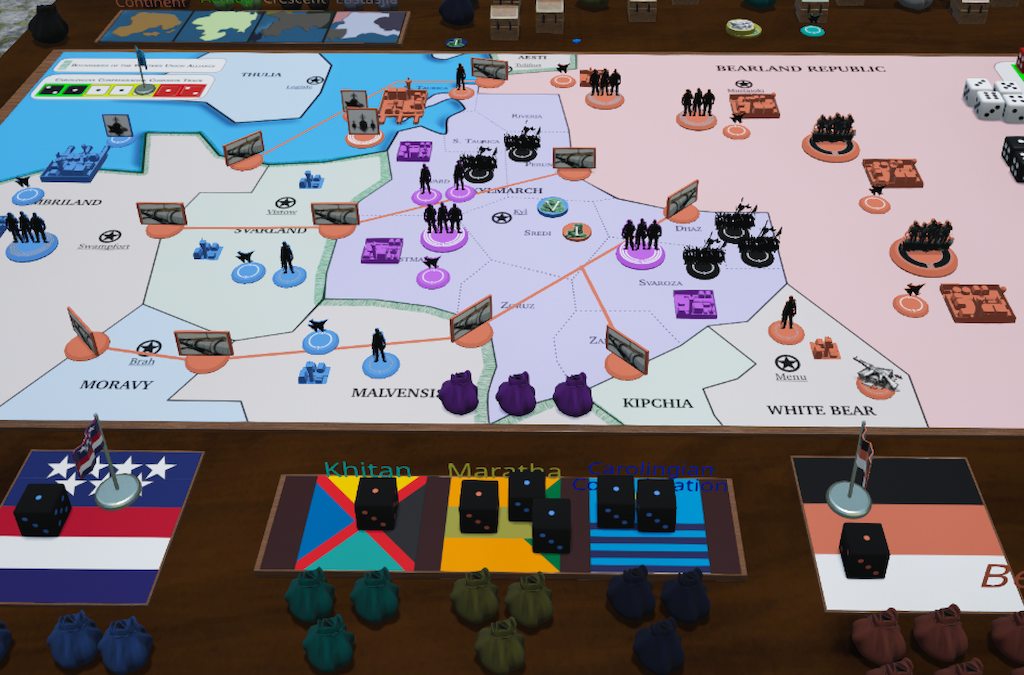

The buzzword of the first Trump administration was “Great Power Competition.” That was also a lie.
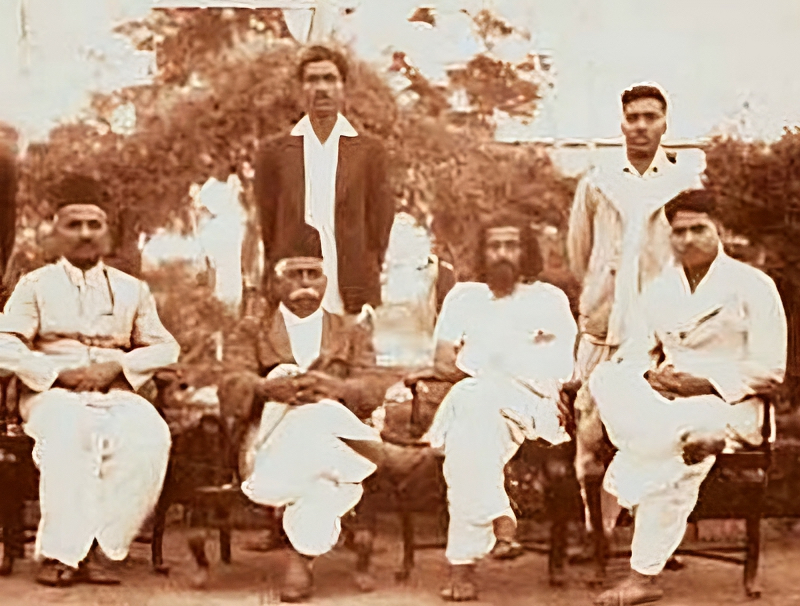
My most recent Foreign Affairs article, co-authored with Justin Casey, landed yesterday. The article started out as an argument about how the normalization of the far...
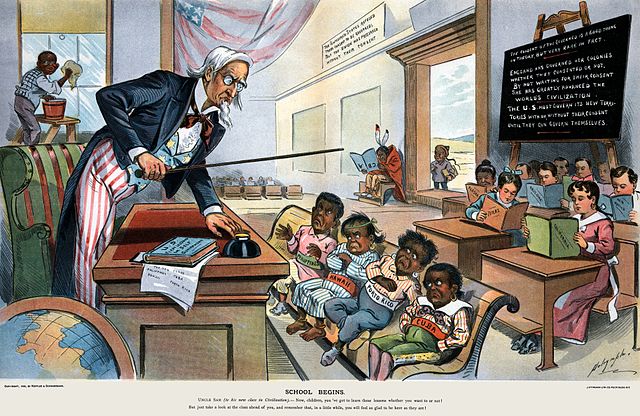
The Biden administration’s jarring revisionism on economic policy toward China (and by extension the world) is reviving discussions (most acute during the Trump and George W....

The Bidens are serving the Macrons US-made wine and cheese. A cute gesture or a clumsy diplomatic move?
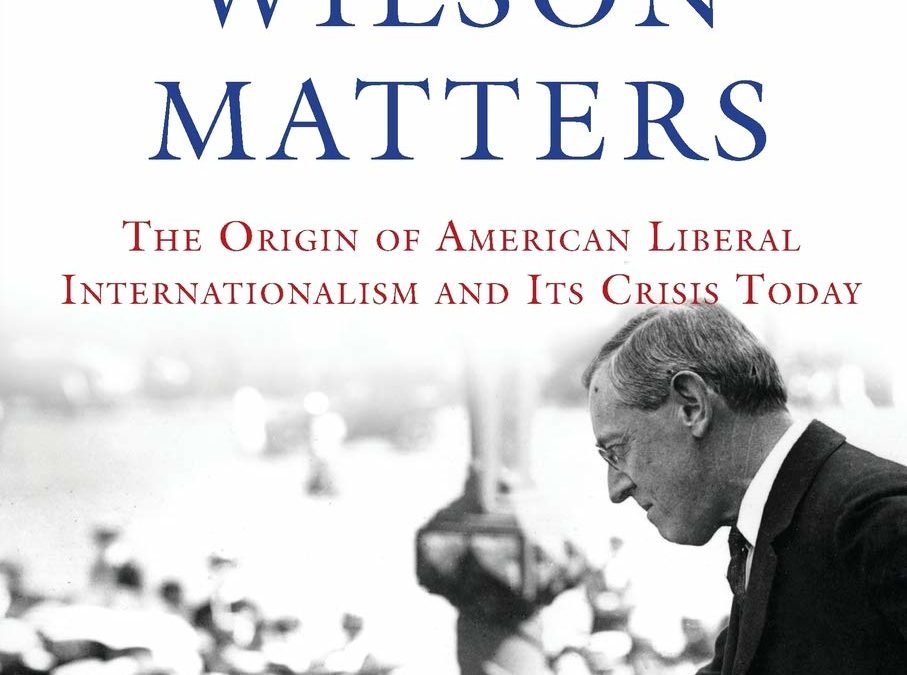
Daniel Deudney and John Ikenberry recently published a ‘big think’ article in Foreign Policy. They note that the Biden administration’s approach to foreign and domestic policy – including its particular understanding of the relationship between them – is best understood as “Rooseveltian” in character. What should we make of this?
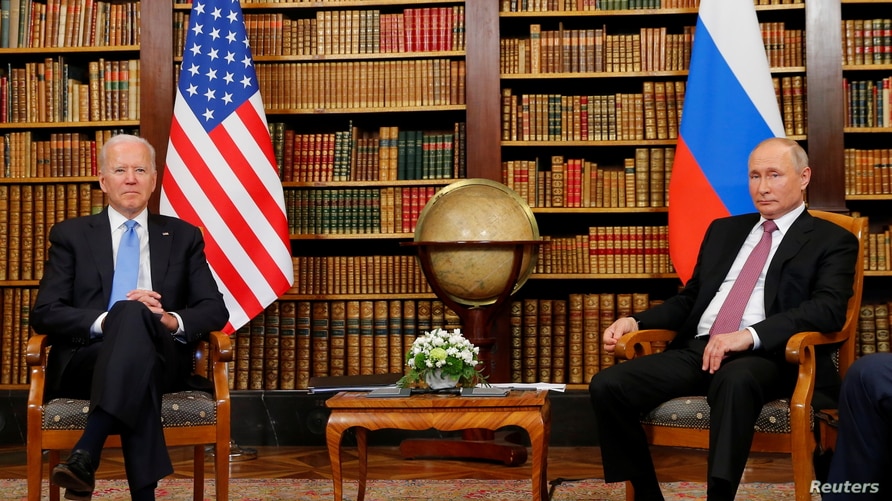
Gentle reader*, People that have an itch at scribbling generally entertain their visitors with their happy projects, high flights, and wonderful publications, therefore 'tis to be supposed this blogue is in great measure the subject of many a drawing-room or a Twitteur discourse. Hence, when the handsome city of Geneva has been suffused by the members of the ton aching to catch a glimpse of the illustrious statesmen that graced its palaces with their presence, it is but no wonder that this author had to reserve quite a bit of ink to illuminate their readers on the...
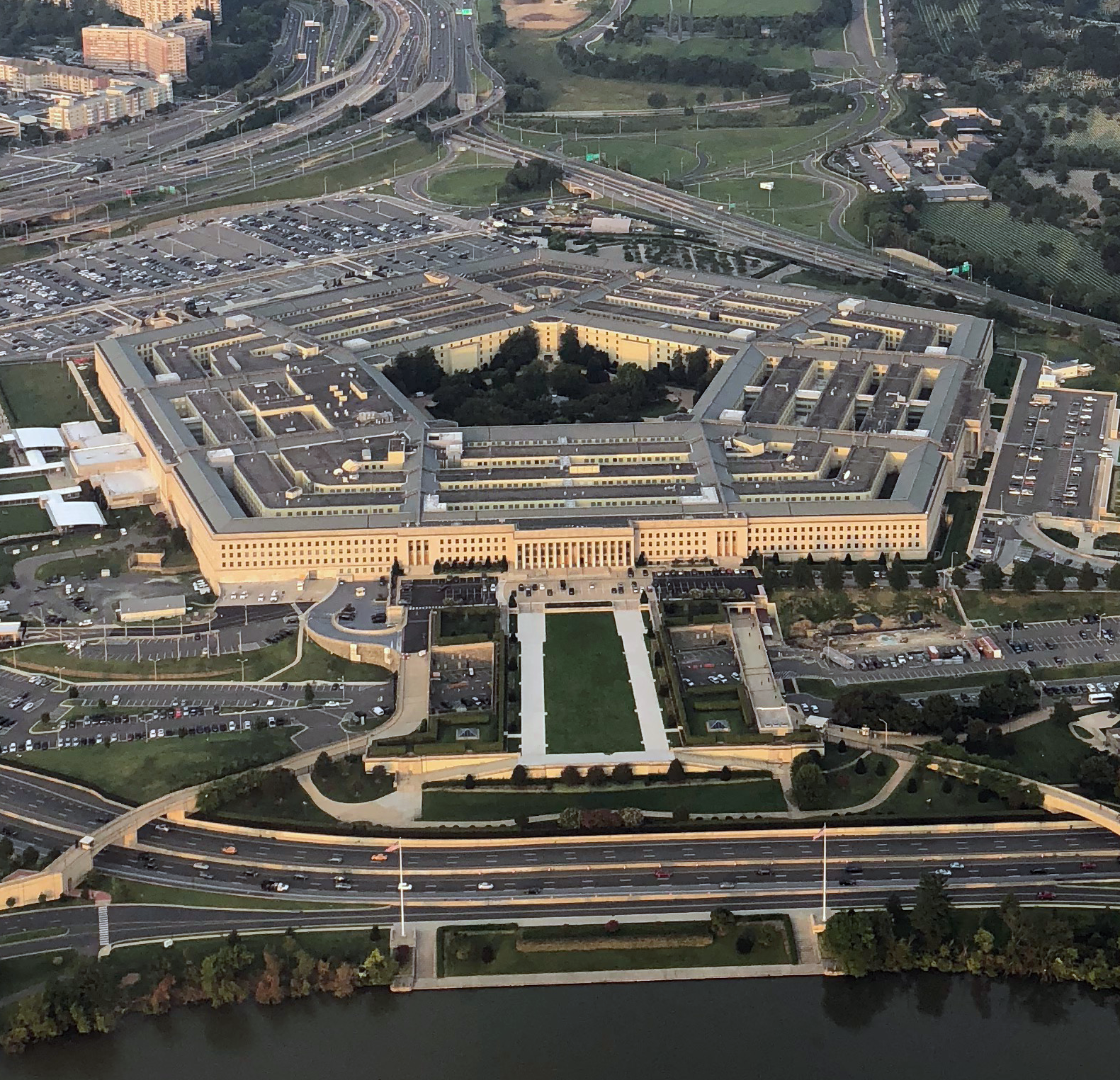
As someone who works on religion and politics, I encounter the term "soft power" a lot. Most of the time it's in a good way; soft power is a means to advocate for policies that draw on our values but still advance our interests. But, occasionally, the term frustrates me. Too often it's used as a catch-all to address any foreign policy that doesn't involve military force or economic sanctions. If we want to advocate for a broader set of foreign policy tools, we need a better set of terms to describe them. Soft power Soft power was famously introduced by Joseph Nye in a 1990 Foreign Policy...
US President Donald Trump gestures as he arrives to a "Make America Great Again" campaign rally in Cincinnati, Ohio, on August 1, 2019. (Photo by SAUL LOEB / AFP) (Photo credit should read SAUL LOEB/AFP/Getty Images) This is a guest post by Emily Holland, an Assistant Professor in the Russia Maritime Studies Institute at the US Naval War College & Hadas Aron, a Faculty Fellow at the Center for European and Mediterranean Studies at NYU. This week’s violent takeover of the Capitol Building has fueled the ongoing debate on the future of American democracy. For several years analysts have...
In the spirit of holiday cheer and Paul Musgrave's great Foreign Policy piece "The True Meaning of Christmas Movies Is a Cozy American Worldview" as well as our common poli sci curse of "being unable to enjoy anything without analysing it to death", here is my take on that red and green scourge that clogs your Netflix queue as well as your cable. I have watched a fair amount of those in my day (for research purposes, obvs), but might be missing something, so correct me if I am wrong. I can't refresh my memory right away, as those movies lack dinosaur subplots and that's the only type of...
Klimentyev, RIA Novosti. Sing it with me: It’s the most Putinist time of the year! For the 16th time the Dear Leader addressed the nation and the world from through their TV screens during a carefully choreographed almost 5-hour long annual press conference that could count as a State of the Union Q&A. there were some adjustments to the usual format: the lidded cup was still there, but almost no journalists in the actual room with Putin, his answers were televised from his residence in Novo-Ogaryovo. It’s almost impossible to go through all the press conference and not bore the readers...
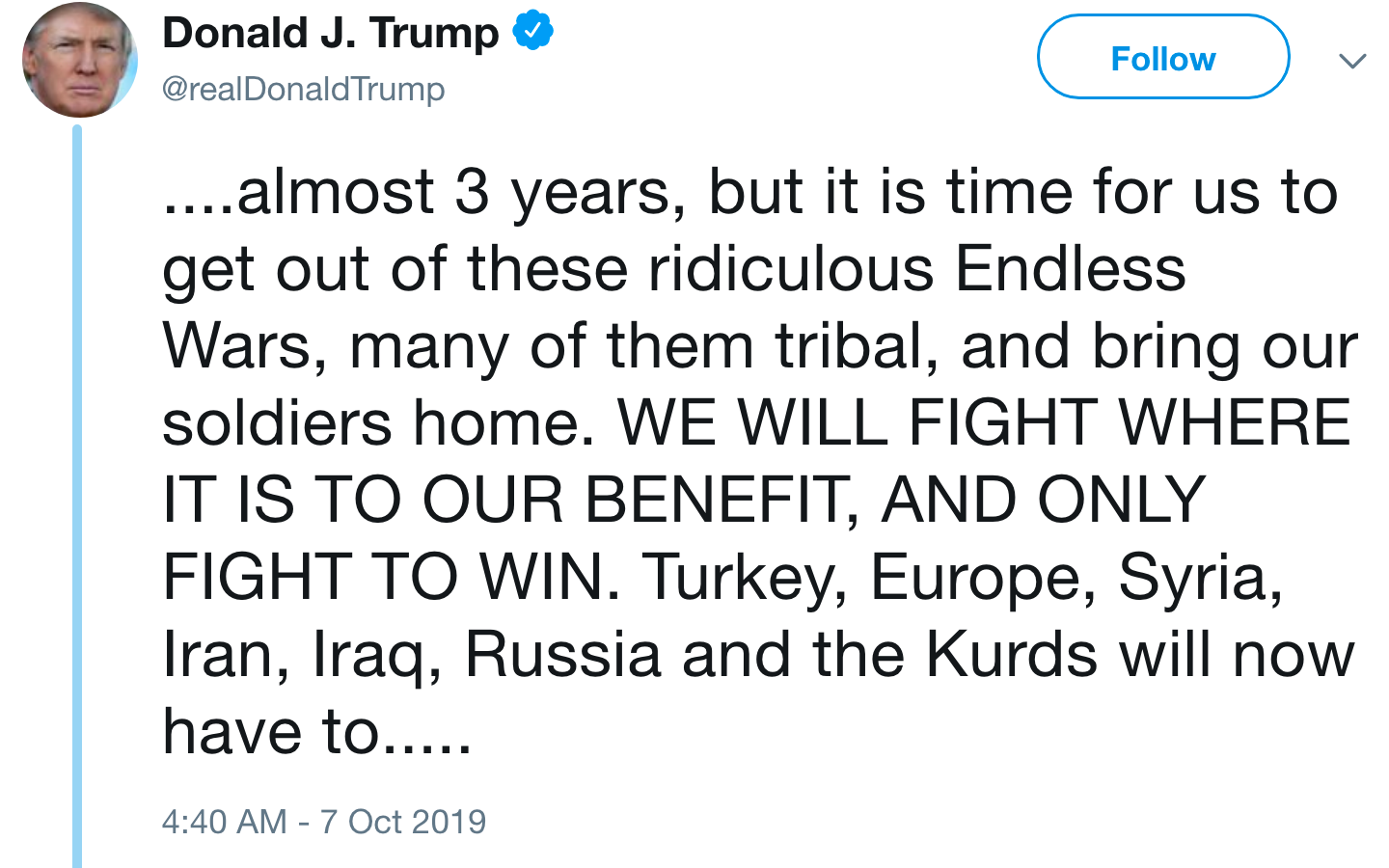
Voices calling for restraint in US foreign policy are getting louder. A bipartisan community has grown tired of the tired consensus on America's role in the world and--thanks partly to the excesses of the Trump Administration--has had some success in shifting policy debates. I am generally sympathetic to this community, but worry that they are focusing too much on "ending endless wars." We should also encourage a broader sense of humility in America's foreign policy. "Restraint" as a viable foreign policy orientation came together in the past few years, although it's been building for some...
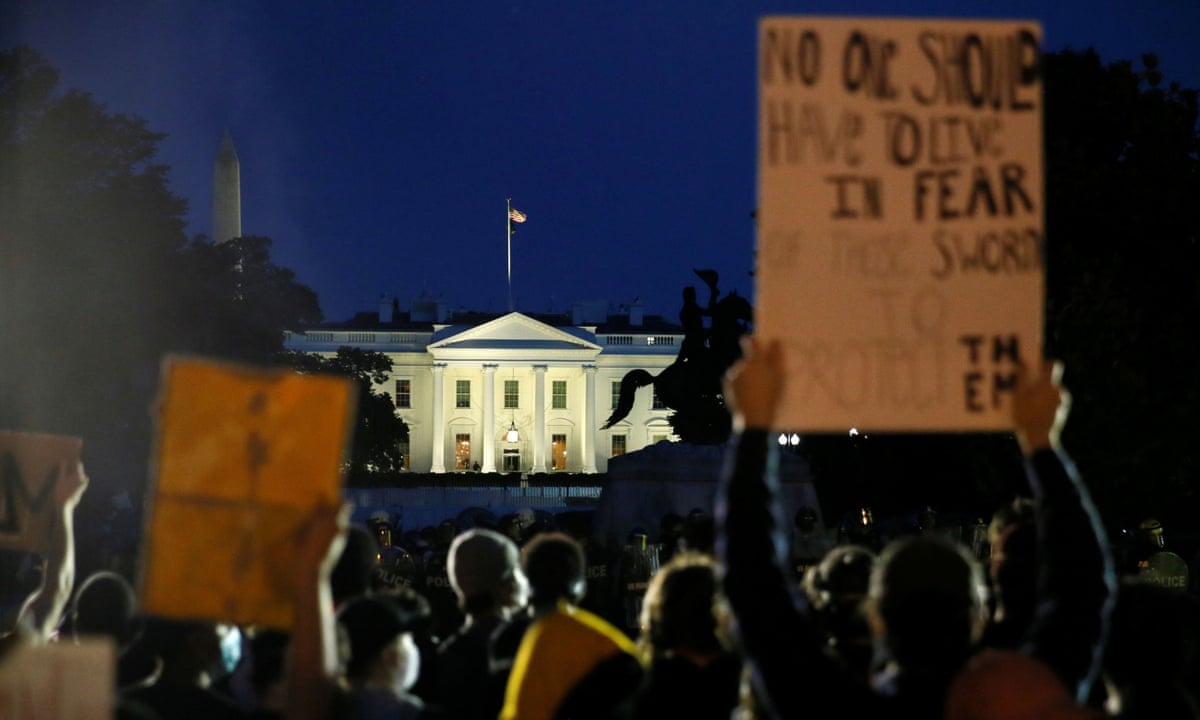
This is a guest post from Manuel Reinert, a PhD candidate in international relations at American University and consultant with the World Bank. As the COVID-19 crisis illustrates, international cooperation is crucial to address global issues. International organizations (IOs), created in the so-called rules-based “liberal international order” (LIO) after WWII, have been extensively involved in the response. The United Nations (UN) launched a global humanitarian response plan. UN’s agencies, principally the World Health Organization (WHO), have provided worldwide data, guidelines, and...